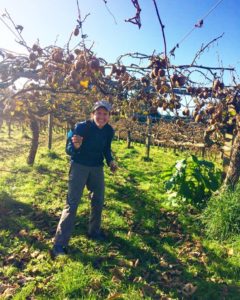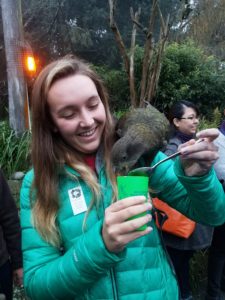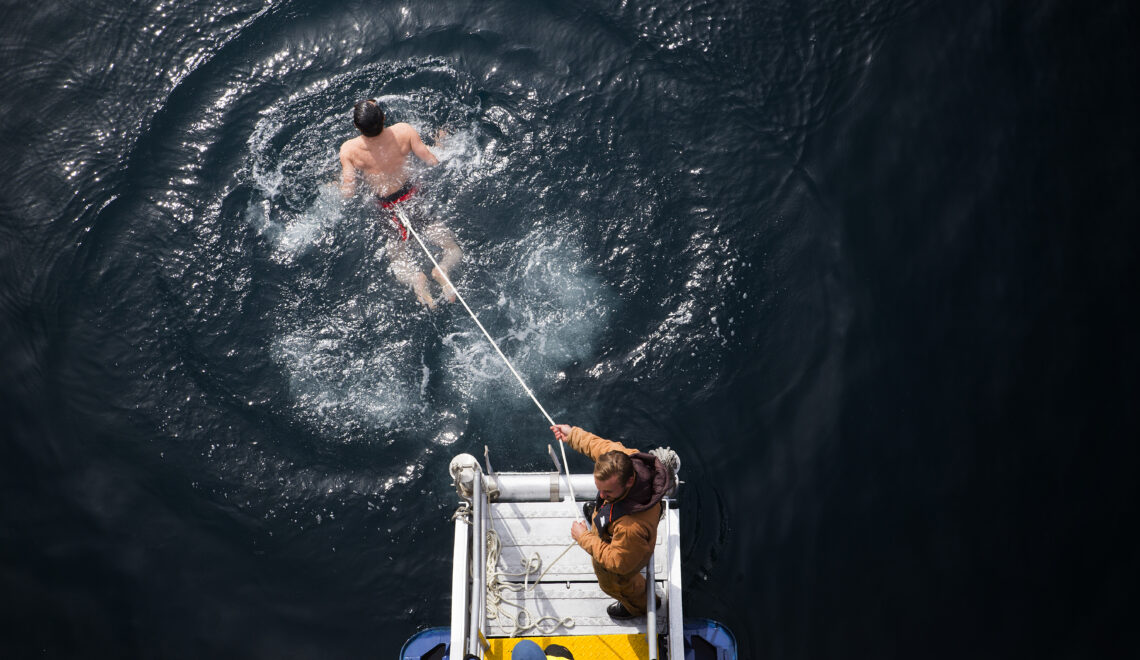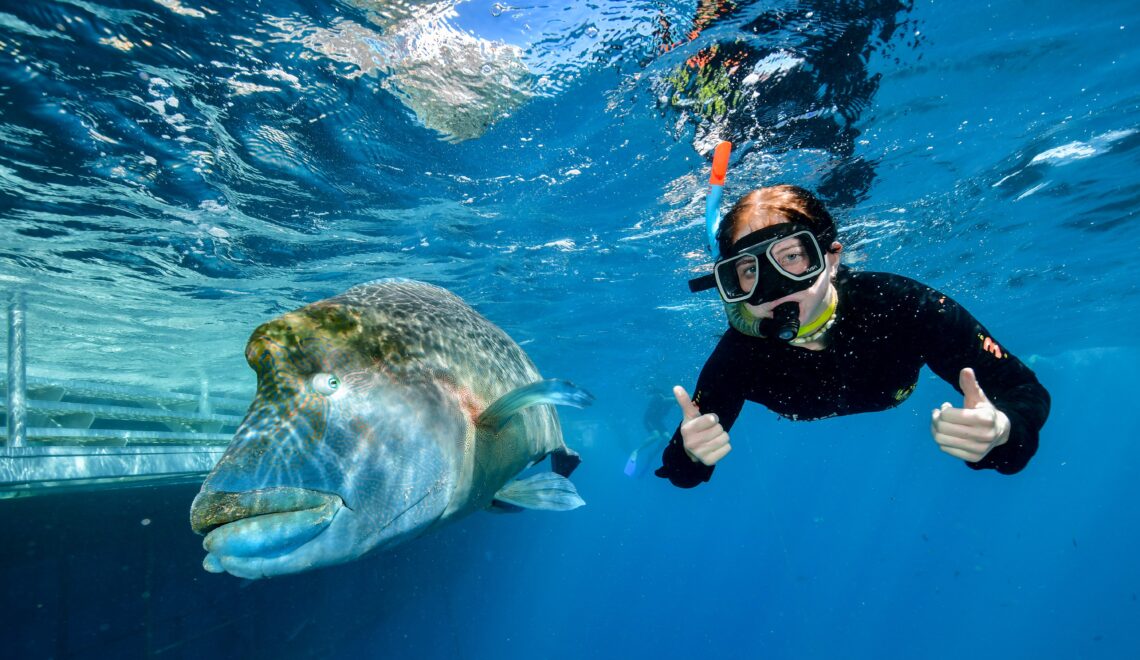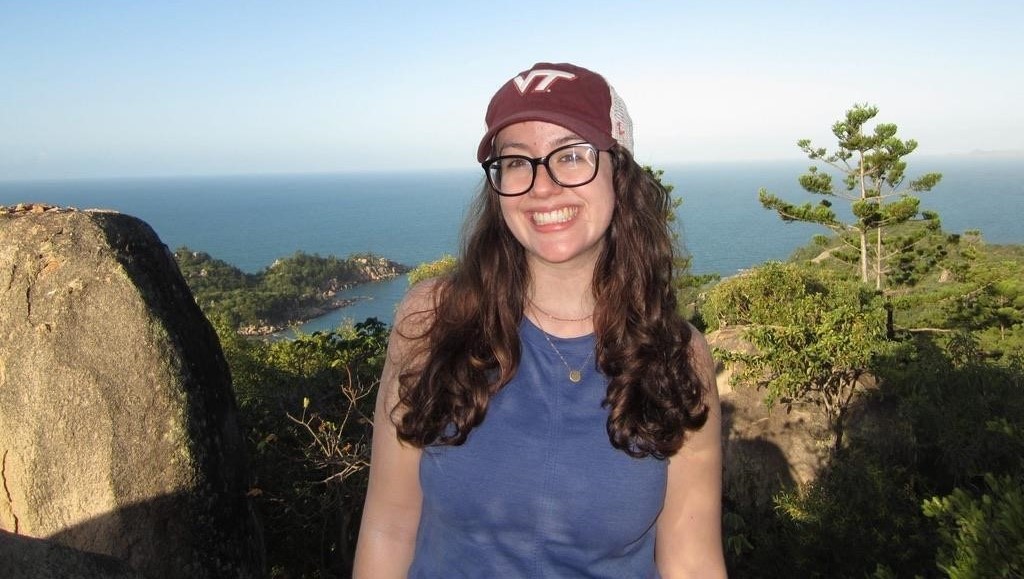Madison Dale, from the University of Florida, shares what she learnt about the three “Kiwis” during her time in New Zealand. She writes:
Kiwis, kiwis, and Kiwis
When I was in New Zealand I was surprised to learn that “kiwi” had several different meanings. There’s the kiwi fruit, the kiwi bird, and, as I was surprised to learn, New Zealanders actually refer to themselves as “Kiwis.” During the program we became familiar with all three types of kiwis.
In Tauranga we visited a working kiwi farm and picked fruit. We also visited a nature reserve and saw kiwi birds. This was a particularly unique experience because the Kiwi bird is extremely endangered. It is also an important part of the New Zealand culture, serving as a national symbol, so New Zealanders take its rehabilitation very seriously. One can only see a Kiwi Bird on an offshore island or in set reserves on the mainland. We also had amazing experiences interacting with locals and in-country guides. The Kiwis we met were all incredibly welcoming and friendly.
I thought it was fitting that New Zealanders are also called Kiwis because as a nation they place a lot of importance on species preservation. We were able to study many of the species New Zealand is currently attempting to save numerous endemic species from extinction during our time in-country. Their conservation efforts are inspiring and incredibly innovative. When in Nelson city we visited the Brook Waimarama sanctuary, a mainland island. This sanctuary is a recent invention the department of conservation is experimenting with. It is a 14km long gated enclosure (note: prepare to convert to the metric system when in-country) covered in forest and completely rid of invasive species. The DOC has started bringing endangered animals such as the Kea parrot from offshore islands to live in this sanctuary. This is a safer way to reintroduce endangered species to the mainland while still making sure invasive species don’t decimate the population. We were given a tour of the facility by the manager and after the tour we had a roundtable discussion with him to think of ways to better advertise the facility and get the community involved. It was rewarding to not only see the steps New Zealand is taking to preserve native species but also to be a part of its development.
This held special significance for me as I hope to go into environmental law. Seeing the way another country handles species conservation was enlightening and I hope to apply what I learned to my future career. It also inspired peers in my study abroad group, with many of them picking up a minor in sustainability studies to further their education about conservation.

